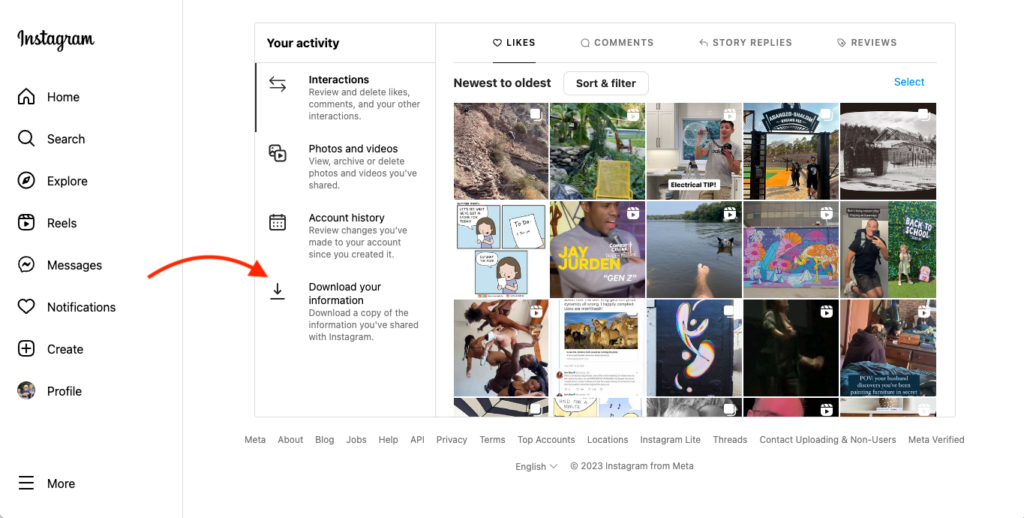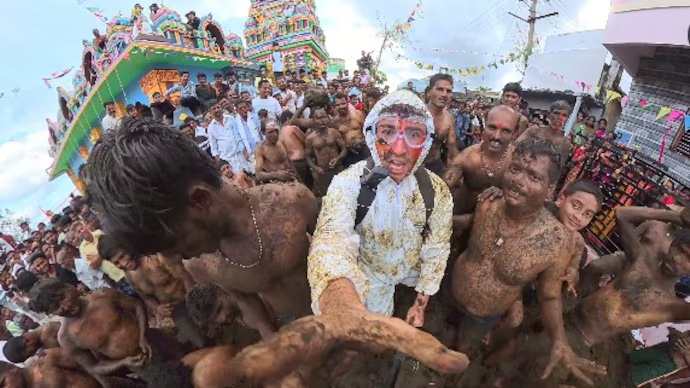Now Reading: The Rise of the “Soft Life” Mindset in India
-
01
The Rise of the “Soft Life” Mindset in India
The Rise of the “Soft Life” Mindset in India

A new mindset is gaining ground among young Indians, especially in Tier 2 and Tier 3 cities—the pursuit of a “soft life.” Unlike the hustle culture that glorifies overworking, the soft life mindset prioritizes comfort, mental well-being, and balanced living. People are increasingly valuing experiences, self-care, and personal happiness over constant achievement or societal expectations.
This shift reflects changing priorities. Millennials and Gen Z are more aware of burnout, stress, and the limitations of relentless work. They seek careers, lifestyles, and hobbies that allow freedom, flexibility, and time for leisure. Social media plays a role, showcasing lifestyles that emphasize travel, hobbies, and wellness rather than nonstop grind.
Family and societal pressures still exist, particularly in smaller cities, but the soft life mindset encourages young adults to redefine success on their own terms. Choosing a stable but less stressful job, investing in personal growth, or setting boundaries with work and relationships are increasingly seen as valid paths.
Critics argue that focusing on comfort can lead to complacency, but proponents see it as a necessary balance between ambition and well-being. The soft life mindset does not reject hard work entirely—it reframes it to serve long-term satisfaction rather than short-term recognition.
Ultimately, the rise of this mindset reflects a cultural shift. Indian youth are learning that success and happiness are not solely measured by material achievements or social validation, but by the quality of life, peace of mind, and personal fulfillment they cultivate.

























